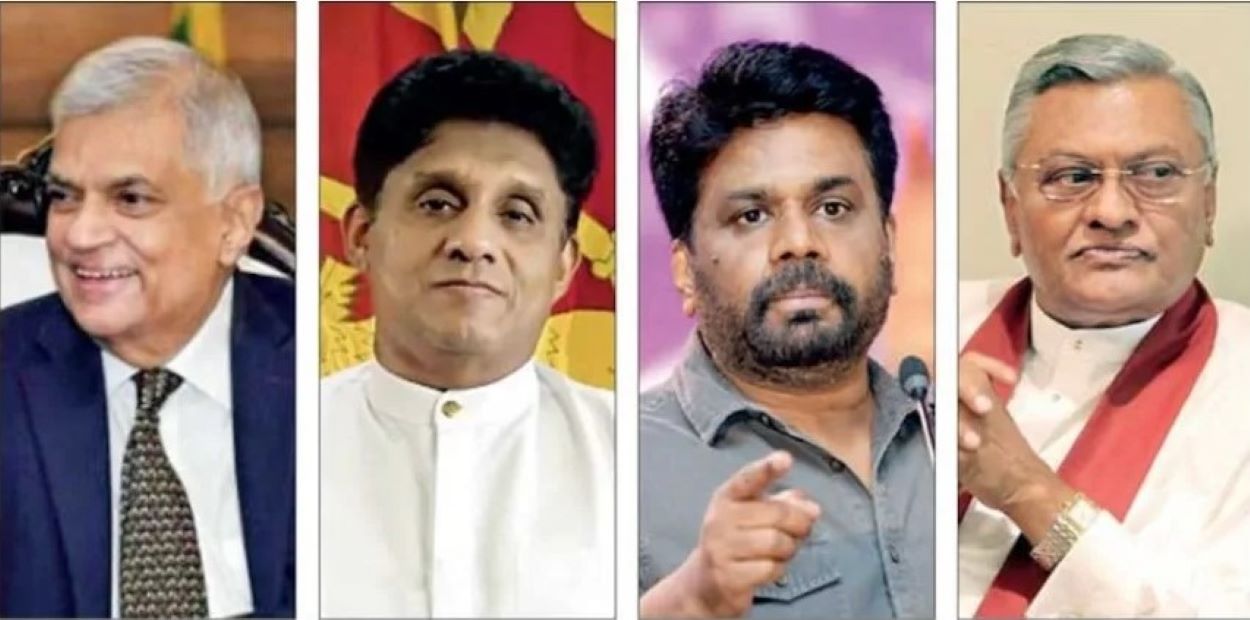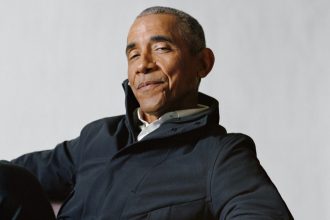With a Marxist leaning, Anura Kumara Dissanayake led the Sri Lankan presidential election, capturing 40% of the votes counted by Sunday. He outpaced opposition leader Sajith Premadasa, who had 33%, while incumbent President Ranil Wickremesinghe lagged with 17%, as per the Election Commission. Should no candidate secure 50%, a second-round tally using preferential votes will decide the winner.
This election marks the first since Sri Lanka’s 2022 economic crisis, precipitated by severe foreign exchange shortages that halted imports of critical goods and sparked widespread protests, leading to the resignation of then-President Gotabaya Rajapaksa.
Political scientist Pradeep Peiris from the University of Colombo noted that the election results reflect the continuing public demand for political reform sparked in 2022. Dissanayake, popular as AKD, has become a symbol of these reformative aspirations.
At 55, Dissanayake campaigned as a change agent for those struggling with austerity from a $2.9 billion IMF bailout, promising a parliamentary dissolution within 45 days of office for a broader mandate on his policies. Premadasa also aimed to modify the terms of the IMF agreement.
The election proceeded peacefully, with a temporary curfew as a precaution. Approximately 75% of eligible voters participated.
Read: Presidential Election Set to Shape Sri Lanka’s Future
Dissanayake, known for his compelling rhetoric, represented the National People’s Power alliance. He advocated for stronger state control, reduced taxes, and protectionist economic policies. His campaign, which emphasized anti-corruption and pro-poor policies, attracted significant public support.
Premadasa’s political career began following his father’s assassination in 1993. He garnered substantial support from rural constituencies. The eventual winner must adhere to the IMF program until 2027, ensuring economic stability, market confidence, and poverty reduction.






